“Contemporary global arrangements depend on the continued capacity of capitalism as a mode of production and distribution to finance a world of bourgeois prosperity and large-scale political arrangements (the so-called multipolar world)," Onurf told Mehr News correspondent.
Following is the text of the interview:
Some believe after possible decline in the US hegemonic power, there would be no other hegemonic power in the world because the other states would not be going to accept hegemonic power any more. What do you think of this?
This is a difficult question to answer because hegemony is not a simple power relation. The Greek term basically means leadership. If someone or some institution possesses overwhelming power, then leadership is effectively automatic, and nobody has any choice but to accept the consequences of such a power relation.
It is surely the case that US power has become less overwhelming in recent years. While Trump’s election suggests a wish to escape the burdens of leadership, the privileges and prestige that go with leadership are not so easy to give up, as Trump’s recent behavior reveals. Officials in other states realize that US power, however measured, is still far greater than that of any other state, that US ambivalence results in unpredictable behavior, and that the already considerable costs challenging US leadership are all the greater for this reason.
If we face a multi-polar world in the future, what will be its effect on world order? Can we witness a more stable world under the shadow of a multipolar world?
It is no longer clear what it means to talk about a ‘multi-polar world.’ What I do see is a pronounced turn to regionally-bound power relations. There is a hierarchical, implicitly coercive character to major regional blocs (and always has been), since they are formed to fend off the rest of the world. Yet today it is striking the degree to which regional arrangements becoming hegemonial in their intra-bloc relations. While a world of regional hegemonies might be more stable than a world of regional hierarchies, the current-day mix of hegemonial and hierarchical elements in regional power relations is not, in my opinion, likely to be stable.
Some believe that a multi-polar world will result in more obscure alignment of states. What do you think of this?
In today’s media-saturated world, no state can hide where it stands in relation to other states.
If we believe in multi-polar world for future, which power components will affect world polarization? Basically which countries or organizations will form those poles?
I, for one, do not think that power exercised by states (including ‘soft power’) suffices to characterize the world of the future. The rise of professional, largely technical expertise within and above states has resulted a world in which functional considerations distort and even replace political-territorial dynamics. It is a mistake to ignore the effects of globalization on planetary politics. Furthermore, contemporary global arrangements depend on the continued capacity of capitalism as a mode of production and distribution to finance a world of bourgeois prosperity and large-scale political arrangements (the so-called multipolar world). In the face of global warming, population growth etc., I have grave doubts about capitalism’s capacity to solve its internal contradictions yet again; the center cannot hold indefinitely.
Professor Nicholas Onuf is an American scholar. Onuf is currently Professor Emeritus of International Relations at Florida International University and is on the editorial boards of International Political Sociology, Cooperation and Conflict, and Contexto Internacional. He is one of the primary figures among constructivists in international relations.
Interview by Javad Heirannia

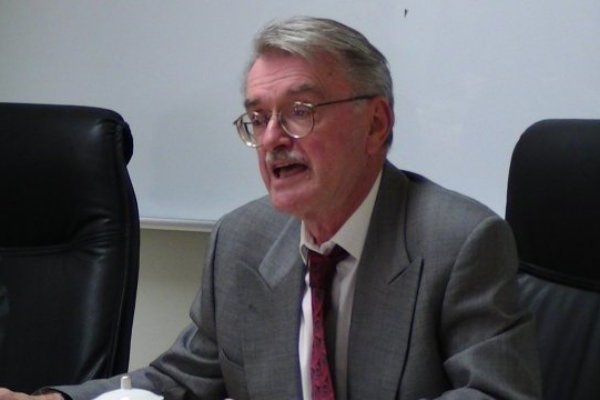
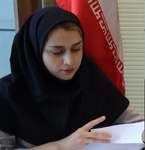
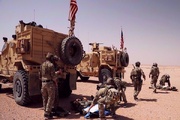
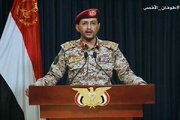
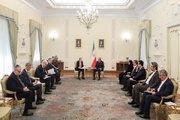
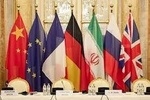
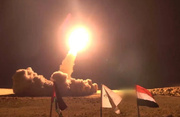
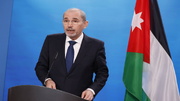
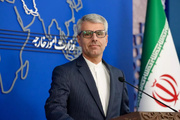
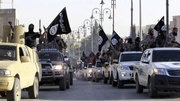
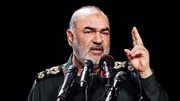

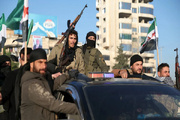


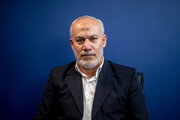

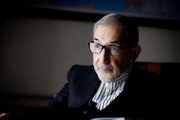
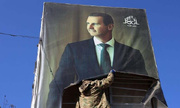
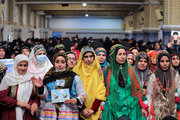
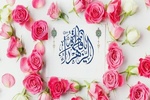

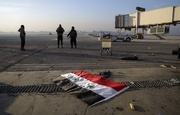
Your Comment